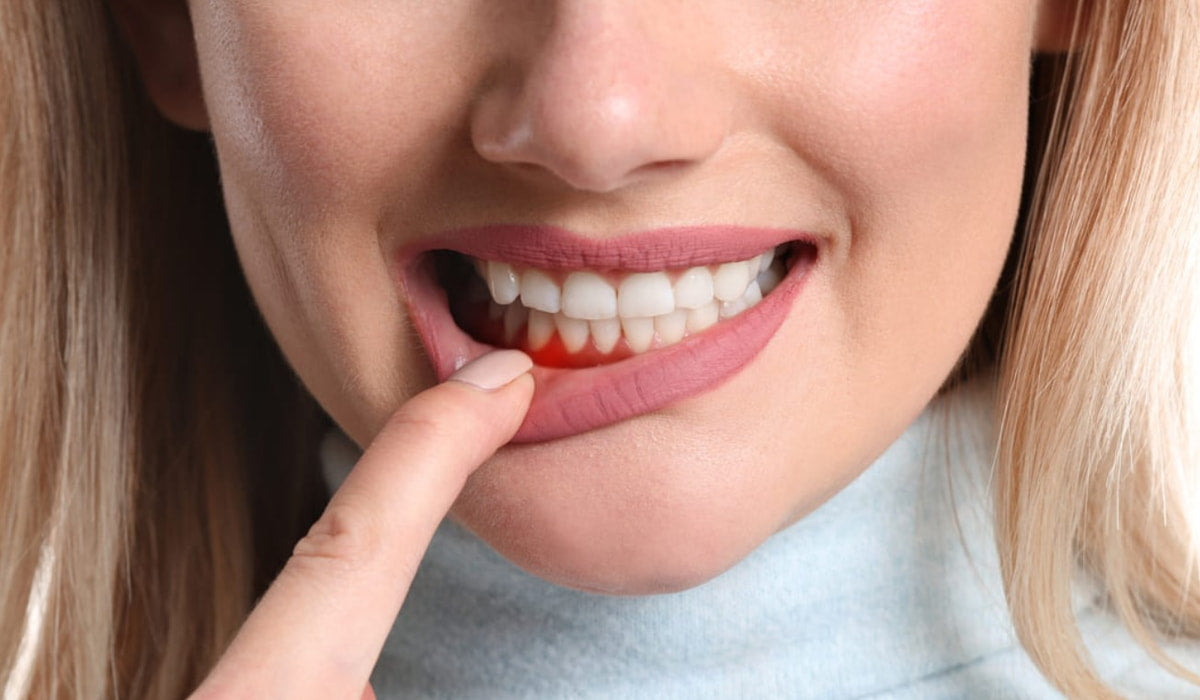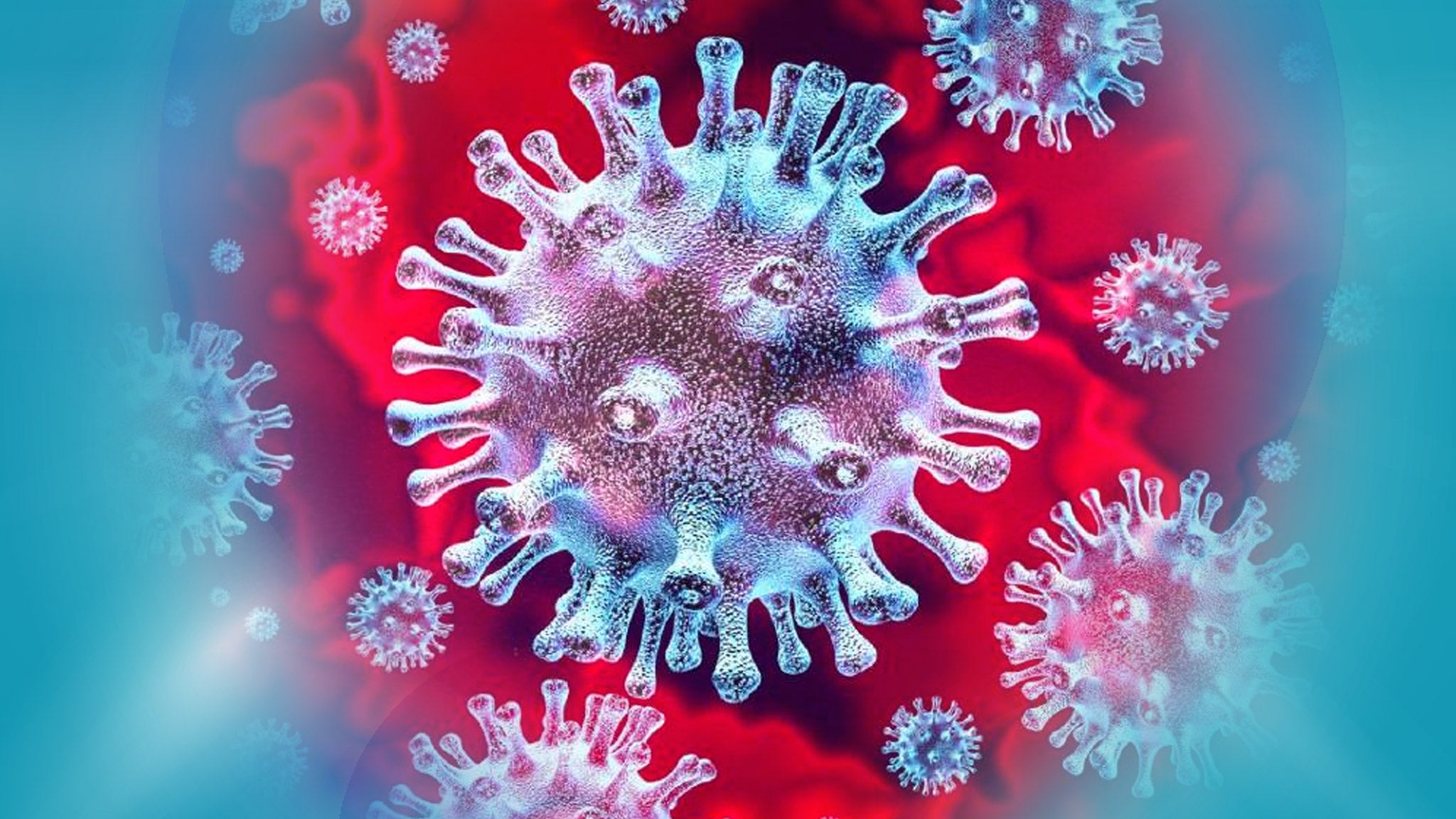Gum disease, also known as periodontal disease, impacts millions of Australians, often without noticeable symptoms in the early stages.
What might start as mild gum inflammation or occasional bleeding can quietly progress to more serious concerns like gum recession, loose teeth and even tooth loss.
While daily brushing, flossing and regular dental visits are non-negotiables for healthy gums, your diet can be just as important.
In fact, certain foods are packed with nutrients that help reduce inflammation, strengthen gum tissue and support your body’s natural ability to fight off oral bacteria.
Read on to discover 7 gum-friendly foods that may help protect your smile from the inside out.
1. Leafy Green Vegetables
Leafy greens like spinach, kale, silverbeet and rocket are some of the most powerful allies in the fight against gum disease. These veggies are loaded with vitamin C, which promotes the production of red blood cells and helps reduce inflammation in the gums.
Vitamin C is also essential for collagen production, which helps maintain the strength and integrity of your gum tissue. The high fibre content in leafy greens also stimulates saliva production, which helps wash away harmful bacteria from the mouth.
How to eat more: Add a handful of spinach or rocket to your sandwiches, salads or smoothies every day.
2. Fatty Fish
Fatty fish, such as salmon, sardines and mackerel, are rich in omega-3 fatty acids, which have natural anti-inflammatory properties. These healthy fats can help reduce inflammation in the gums and support the body’s immune response to bacterial infections that cause gum disease.
How to eat more: Enjoy grilled salmon twice a week or add tinned sardines to a salad or cracker for a healthy snack.
3. Crunchy Fruits and Vegetables
Foods like apples, carrots, celery and cucumbers are excellent for your teeth and gums. Their firm texture provides a natural cleansing action that can remove plaque and food debris between brushings.
In addition, chewing these crunchy foods stimulates saliva production, which helps neutralise acids and rinse bacteria from the mouth.
These fruits and vegetables are also high in fibre and water, which help keep your mouth hydrated and clean.
How to eat more: Snack on raw carrots or celery sticks throughout the day or finish a meal with a crisp apple.
4. Green Tea
Green tea is more than just a soothing drink; it’s rich in catechins, natural compounds that help inhibit the growth of bacteria responsible for gum disease. Regular consumption of green tea has been linked to reduced gum inflammation, less bleeding and overall improved oral health.
Unlike some commercial mouthwashes, green tea doesn't disturb the natural bacterial balance in the mouth and supports a healthy oral microbiome.
How to drink more: Swap your afternoon coffee for a cup of unsweetened green tea. Enjoy it hot or iced with a squeeze of lemon.
5. Dairy Products
Milk, cheese and plain yoghurt are packed with calcium and phosphates, vital minerals that strengthen teeth and gums. Dairy products also contain casein, a protein that helps stabilise and repair tooth enamel, which can protect your gums from bacteria that lead to disease.
Cheese, in particular, helps to neutralise mouth acids after eating and increases saliva production, a win for your oral health.
How to eat more: Include a small piece of cheese after meals or start your day with unsweetened yoghurt topped with fruit and seeds.
6. Berries and Citrus Fruits
Strawberries, blueberries, oranges, kiwis and grapefruits are all high in vitamin C, a critical nutrient for gum health. Vitamin C supports tissue repair, boosts your immune system and helps combat the inflammation and bleeding associated with gum disease.
While citrus fruits are excellent sources of nutrients, they are also acidic, so it's important to rinse your mouth with water after eating to prevent enamel erosion.
How to eat more: Add mixed berries to your breakfast or enjoy an orange as a mid-morning snack.
7. Nuts and Seeds
Almonds, walnuts, chia seeds and flaxseeds offer a powerhouse of nutrients, including magnesium, zinc, calcium and healthy fats, all of which support healthy gum tissue and reduce inflammation.
These minerals play a role in bone health, which is especially important as advanced gum disease can lead to bone loss around the teeth.
How to eat more: Add a sprinkle of nuts or seeds to your salad, porridge or smoothies. They’re also a great snack option between meals.
Final Thoughts: Healthy Eating, Healthy Gums
Gum disease doesn’t happen overnight, and it can often be reversed in its early stages with proper oral care and a balanced, nutrient-rich diet. By incorporating these seven foods into your daily routine, you’ll be giving your gums the support they need to stay healthy and strong.
At BreezeCare, we offer a comprehensive approach to treating gum disease, combining advanced dental treatments with practical lifestyle advice, including nutritional support. We also provide a range of clinically formulated mouth care products to help you maintain optimal oral health at home. If you're concerned about gum health, don’t wait. Early intervention is key.
Book Your Gum Health Check-Up Today
If you’re experiencing red, swollen or bleeding gums or simply want to be proactive with your oral health, book an appointment with the team at BreezeCare today. We're here to help you achieve a healthier, fresher smile naturally.











